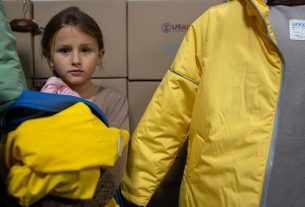In February 2025, the UK Home Office introduced revised guidelines for assessing the “good character” requirement in British citizenship applications. Effective from 10 February 2025, these changes stipulate that individuals who entered the UK without the necessary documentation—particularly through irregular means such as small boat crossings or hiding in vehicles—will “normally” be refused citizenship, regardless of the time elapsed since their entry .
Impact on Refugees
This policy disproportionately affects refugees, many of whom resort to irregular entry methods due to the lack of safe and legal pathways to seek asylum. The Refugee Council estimates that over 71,000 refugees could be impacted by this change . Critics argue that this approach undermines refugees’ ability to integrate and contribute to society, effectively creating a permanent underclass of residents .
Legal Challenges
The policy has faced legal scrutiny. A 21-year-old Afghan refugee, who arrived in the UK at 14 and had complied with all immigration rules, is challenging the new guidelines. His legal team contends that the policy misinterprets the good character requirements set out in the 1981 British Nationality Act and breaches the European Convention on Human Rights .
International Law Considerations
The United Nations High Commissioner for Refugees (UNHCR) has emphasized that under Article 31(1) of the 1951 Refugee Convention, refugees should not be penalized for irregular entry if they are seeking asylum. The UNHCR’s 1984 Note on International Protection and its latest Guidance Note on non-penalization make it clear that measures that are punitive, discriminatory, retributive, and deterrent in character are prohibited under Article 31(1) .
Conclusion
While the UK has the sovereign right to establish its citizenship criteria, these new guidelines raise significant concerns regarding compliance with international obligations under the Refugee Convention. The policy may inadvertently penalize individuals who sought safety and now face barriers to full integration. As legal challenges unfold, the government may need to reconsider the balance between border control and humanitarian commitments.



